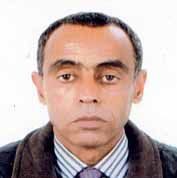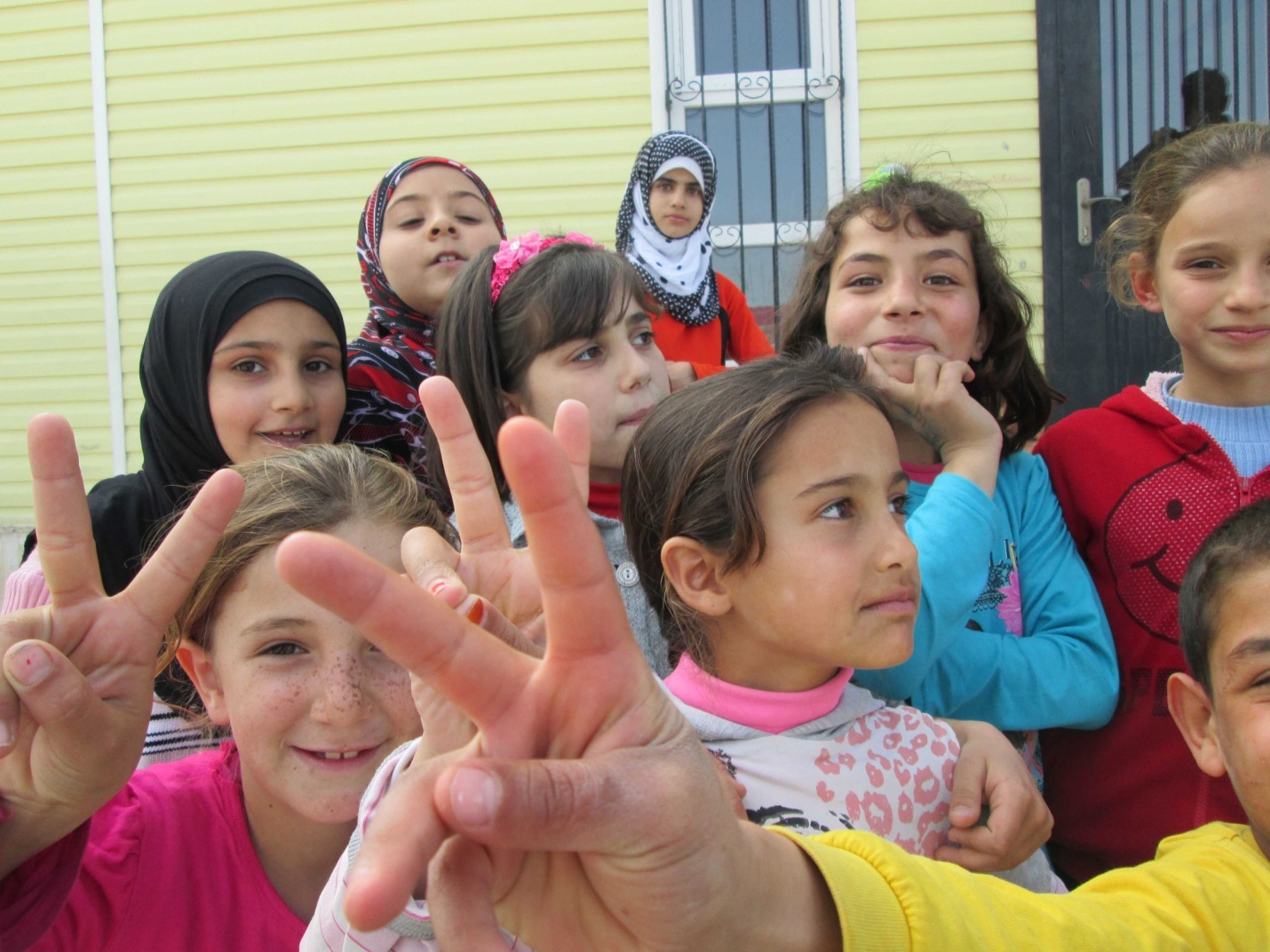“Nobody really knows what it’s like, except those who passed through this experience. To others it sounds bad, but really the depth of it, the dimension of it, people cannot comprehend. I personally believe that a man without a country, a homeland, is a man without roots or self-respect.” Abu Khadra (Palestinian refugee.)
The Palestinians are a nation with a country, a homeland, roots and an identity; however it was stolen from them after the partition in 1948 and they have since been denied the right to return to their original place of residence. The exodus of the Palestinians after the United Nations General Assembly passed the resolution, number 181 better known as the “Partition Plan” is often termed or described as the “transfer of population” however it is merely a euphemism to shield the brutal truth for the ethnic cleansing of the Palestinian population.
Approximately 750,000 Palestinians were displaced and forced to leave their homes as a result of partition and the establishment of Israel. This resulted in the Palestinian refugee problem and 66 years on, the Palestinians remain stateless. There seems to be fewer prospects than ever of a peace settlement that would bring a viable independent Palestinian state or a resolution of the refugee problem.
Becoming a refugee is a terrifying and perplexing experience that not only strips people of their property and belongings but also limits their ability to control events and actindependently.This is the status of the Palestinian refugees, this is the outcome of the UN’s decision to split Palestine and allow the establishment of a Jewish state on Palestinian soil.
The forced expulsion of the Palestinians has been said by some Palestinian and Israeli historians to be perpetuated by the Haganah and armed Jewish forces.
The Palestinian refugee experience in Arabic known as al- Nakba (The Catastrophe) has become a way of life and the political profile of the Palestinian cause has undermined the humanitarian catastrophic nature of it. They are the oldest and single largest refugee group in the world but yet surprisingly they have received diminutive attention and consideration with regards to their humanitarian and socio-economic status. Today there are 5 million Palestinian refugees registered by the United Nations Reliefs Works Agency and are eligible for UNRWA services. One-third of the registered Palestinian refugees, more than 1.4 million, live in 58 recognized refugee camps in Jordan, Lebanon, Syria, the Gaza Strip and the West Bank, including East Jerusalem.
Of course, due to the ongoing civil war in Syria, the Palestinians who were living there have once again been forced out of their homes.
The undoubted fact is that the fate of Palestinian refugees is excluded from most Israeli-Palestinian peace efforts, because given a right of return; their numbers endanger the future of the world’s only Jewish state.
66 years on the Palestinian plight still remains very much alive and without any resolve but it has evolved and developed in numerous ways.
The Palestinian refugee experience began as a temporary displacement, those who travelled to neighboring countries left with the faith and anticipation of returning to their homes;
“Look this is the key to our house that we were forced out of in 1948; I wish I can go back to it before I die.
These are words of Um Mohammad 72 from Adita, a village near Safad in Northern Palestine, who walked to Lebanon during the 1948 offensive. She like many others left with the keys of their family homes, thinking that they would be granted entry back in to their country but their refugee experience and status has stayed the same since the day they left.
Any future peace talks must include the issue of Palestinian refugees and their right of return.
[symple_box color=”blue” text_align=”left” width=”100%” float=”none”]
Nishaat Ismail is completing a MSc in Middle East in Global Politics: Islam, Conflict and Development at Birkbeck University of London. Nishaat has also a BA in History from the School of Oriental and African Studies (SOAS) in London. Nishaat specialises in the politics of the Middle East and North Africa.
[/symple_box]





